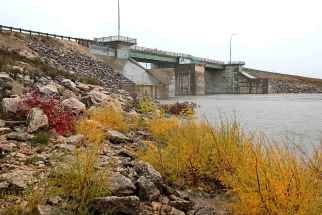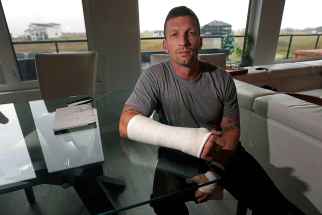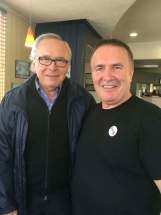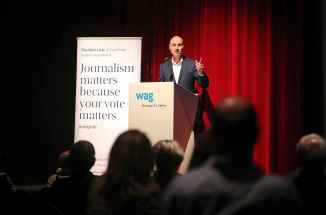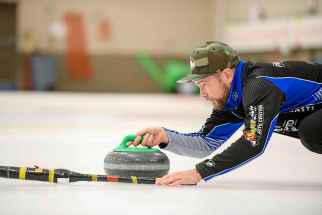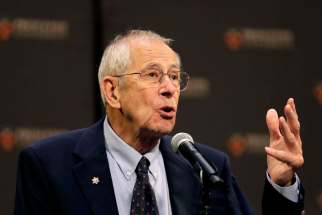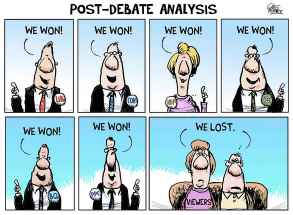Nobel winner should inspire young scientists
Read this article for free:
or
Already have an account? Log in here »
To continue reading, please subscribe:
Monthly Digital Subscription
$0 for the first 4 weeks*
- Enjoy unlimited reading on winnipegfreepress.com
- Read the E-Edition, our digital replica newspaper
- Access News Break, our award-winning app
- Play interactive puzzles
*No charge for 4 weeks then price increases to the regular rate of $19.00 plus GST every four weeks. Offer available to new and qualified returning subscribers only. Cancel any time.
Monthly Digital Subscription
$4.75/week*
- Enjoy unlimited reading on winnipegfreepress.com
- Read the E-Edition, our digital replica newspaper
- Access News Break, our award-winning app
- Play interactive puzzles
*Billed as $19 plus GST every four weeks. Cancel any time.
To continue reading, please subscribe:
Add Free Press access to your Brandon Sun subscription for only an additional
$1 for the first 4 weeks*
*Your next subscription payment will increase by $1.00 and you will be charged $16.99 plus GST for four weeks. After four weeks, your payment will increase to $23.99 plus GST every four weeks.
Read unlimited articles for free today:
or
Already have an account? Log in here »
Hey there, time traveller!
This article was published 09/10/2019 (2259 days ago), so information in it may no longer be current.
Manitobans were justifiably proud when it was announced on Tuesday that Winnipeg-born James Peebles received the Nobel Prize in physics. But at the same time, most people will admit they lack even a surface-level understanding of his accomplishment.
The people who honoured Mr. Peebles say he’s a big deal because his theories predicted the existence of dark matter and dark energy, as well as a distant radio signal created after the Big Bang.
The Nobel Prize recipient was humble about the award. When asked by a student for career recommendations, he replied, “My firm advice to you is not to plan your career on prizes and awards… Instead, do what you find inspiring, fascinating, interesting.”
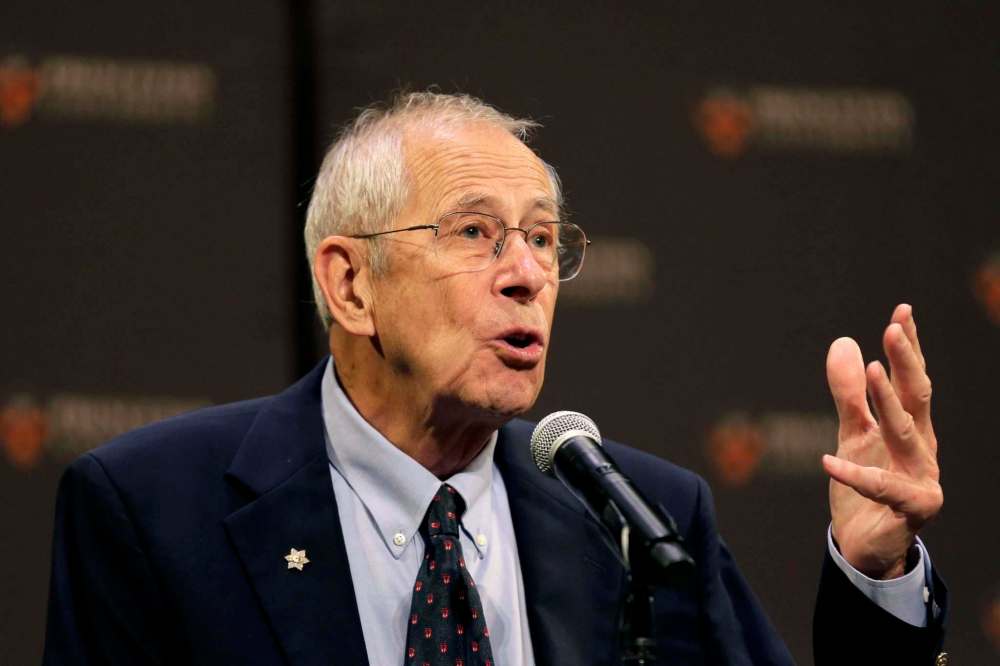
Physics students seem to be inspired. Harshan Singh, who is enrolled at the University of Manitoba, Mr. Peebles’ alma mater, told the Free Press, “He has become an icon of mine. I will probably put his picture on my wall and then look at him every morning.”
But for most people in the general population — including the many who dropped high school physics at the first opportunity — Mr. Peebles’ pioneering forays into dark matter and dark energy are more likely to be greeted with a “Huh?”
The study of physics holds the answers, and poses many fascinating questions, to matters as huge as the universe. Physics encourages inventive thinking and brings a wide and creative perspective to many problems. And, not insignificantly, people who study physics are in high demand in careers such as engineering, medicine and computer science.
To make a prediction using a cause-and-effect equation, the U of M may soon experience a surge of interest in science disciplines, especiallly physics, because an alumnus won the Nobel. Evidence for that prediction exists at McMaster University, which saw a 47 per cent jump in engineering physics enrolment after McMaster alumna Donna Strickland shared the 2018 Nobel Prize for physics. They call it “the Donna effect.”
It would be unrealistic to expect all Manitobans will suddenly become passionate about physics because one of our own became a professor at Princeton University and went on to win a Nobel Prize. Most people don’t have the background, or inclination, to fully grasp a textbook on theoretical particle physics and string theory.
But it’s realistic to hope Mr. Peebles’ accomplishment will inspire Manitoba teachers and parents to look with fresh eyes at the children within their orbit and encourage those who seem likely to inherit the passion driving Mr. Peebles in his scientific field.
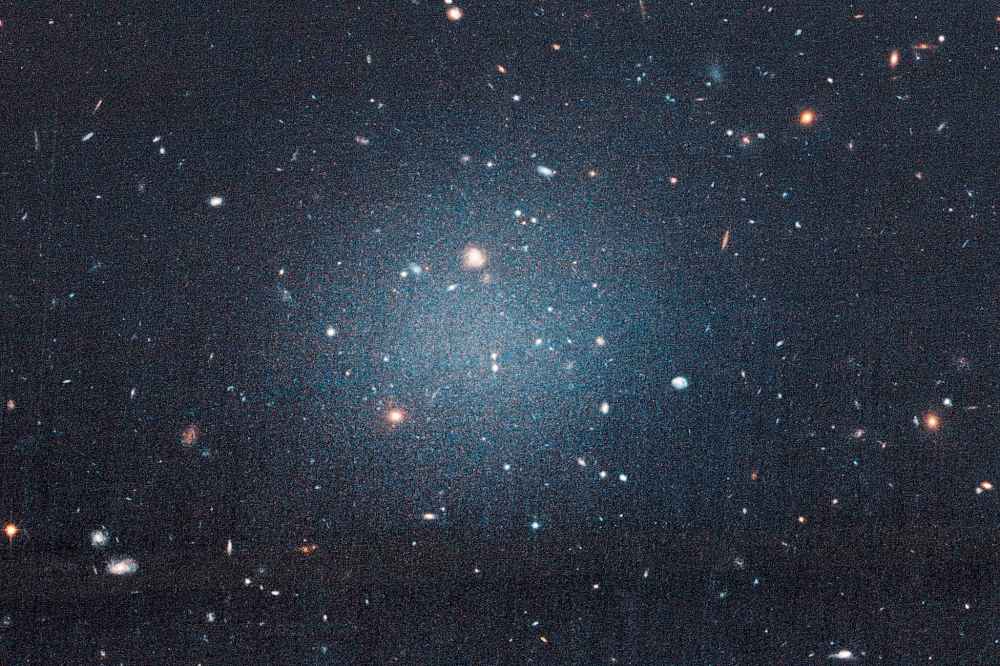
How do we tell which kids have an aptitude? Mr. Peebles relates how, when he was growing up in St. Boniface, he was fascinated by the skills of his handyman father and grew up tearing apart items such as household clocks to understand how they worked.
Manitoba high school students regularly score among the lowest in Canada in science knowledge, according to national standardized tests. But that discouraging result shouldn’t detract from the opportunities given to science-inclined children sprinkled throughout Manitoba classrooms. Their interest can be fanned with special attention from teachers and science clubs, fairs and summer camps that could inspire post-secondary studies in important scientific fields.
And it’s not just teachers who can encourage children who show an interest in science. Parents, too, can encourage a physics-minded attitude of exploration when they discover their child has torn apart the family computer in the hope of understanding how it works. Amid the wreckage of that disassembled laptop might lie the makings of a future Nobel laureate.


